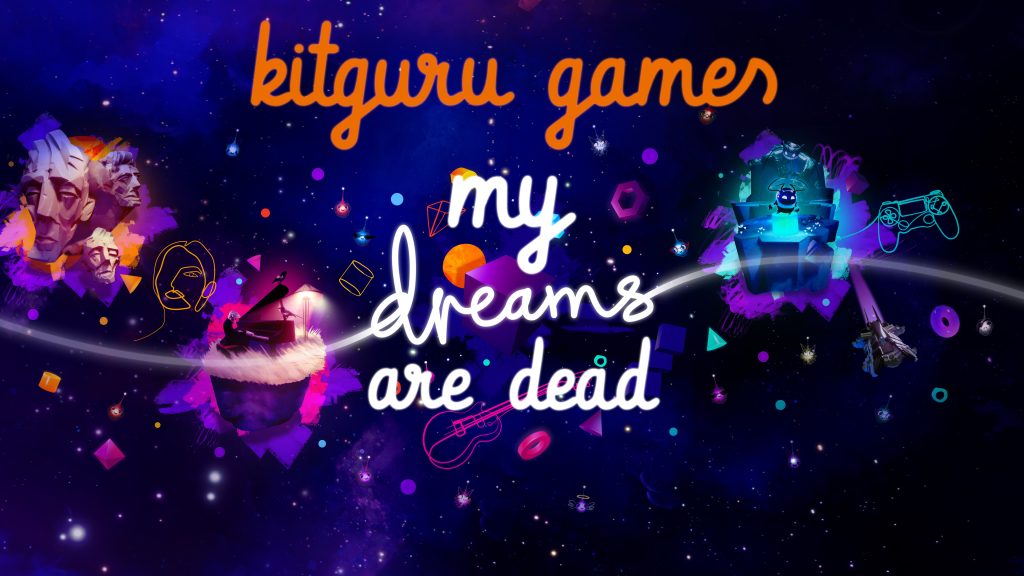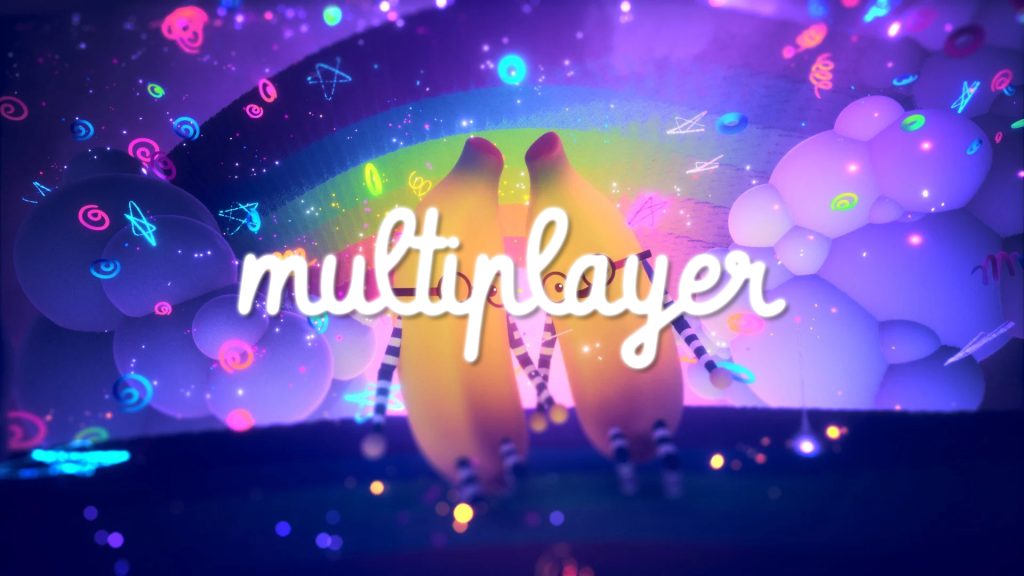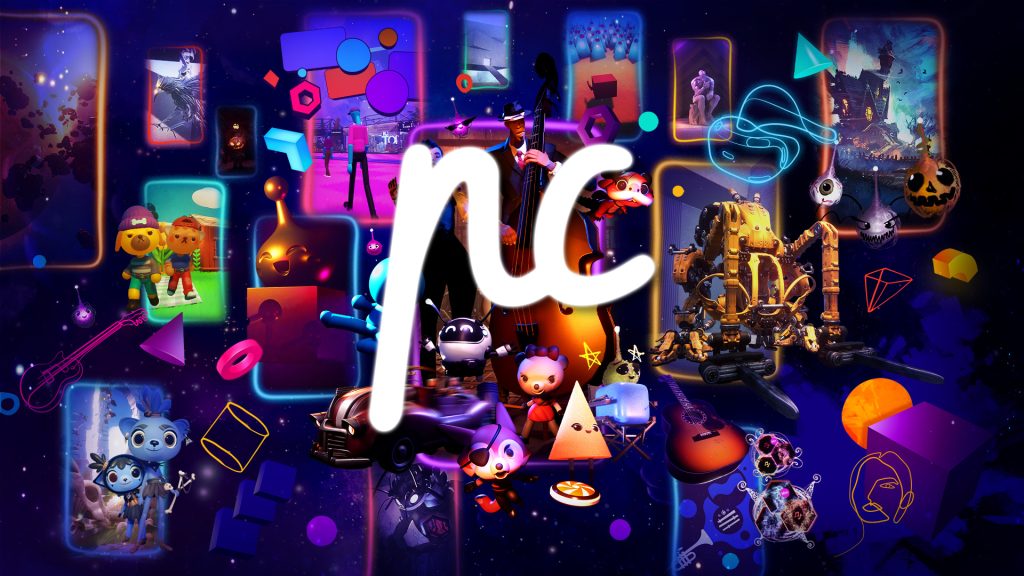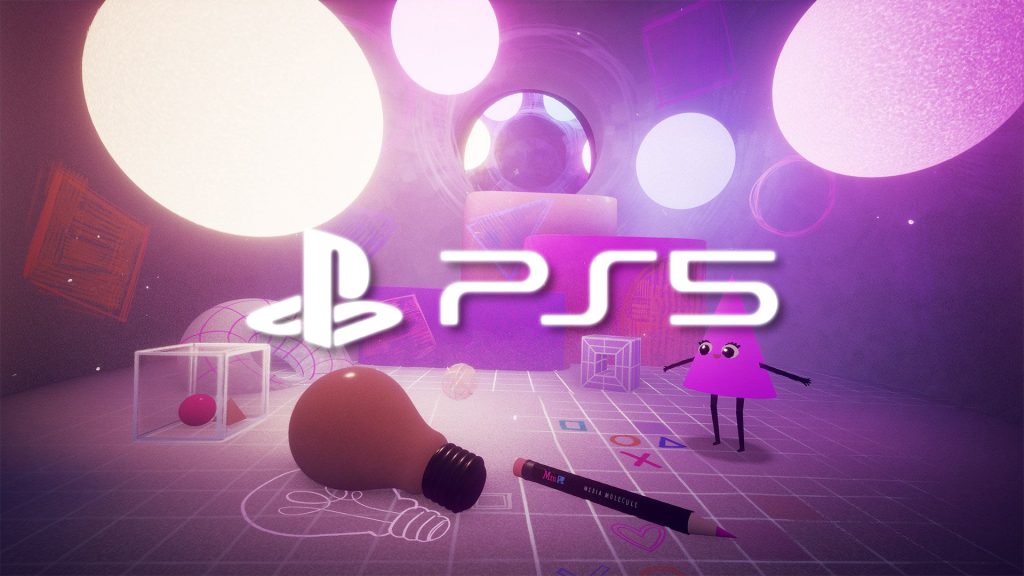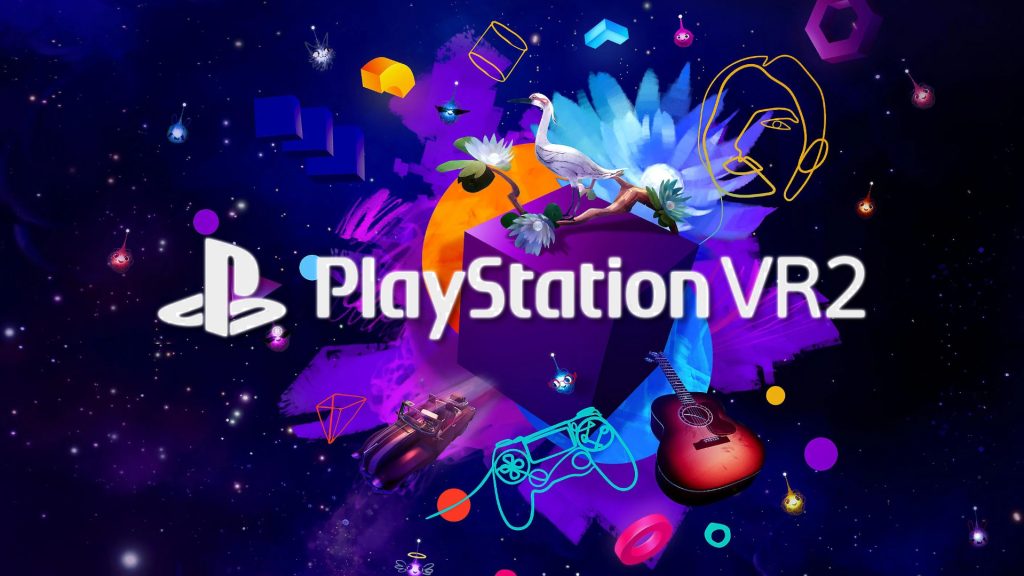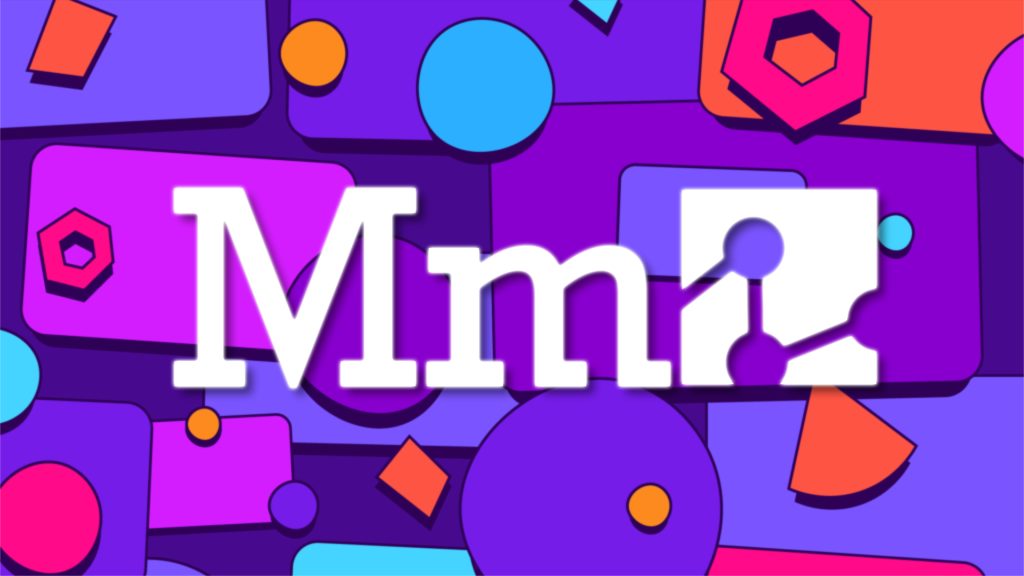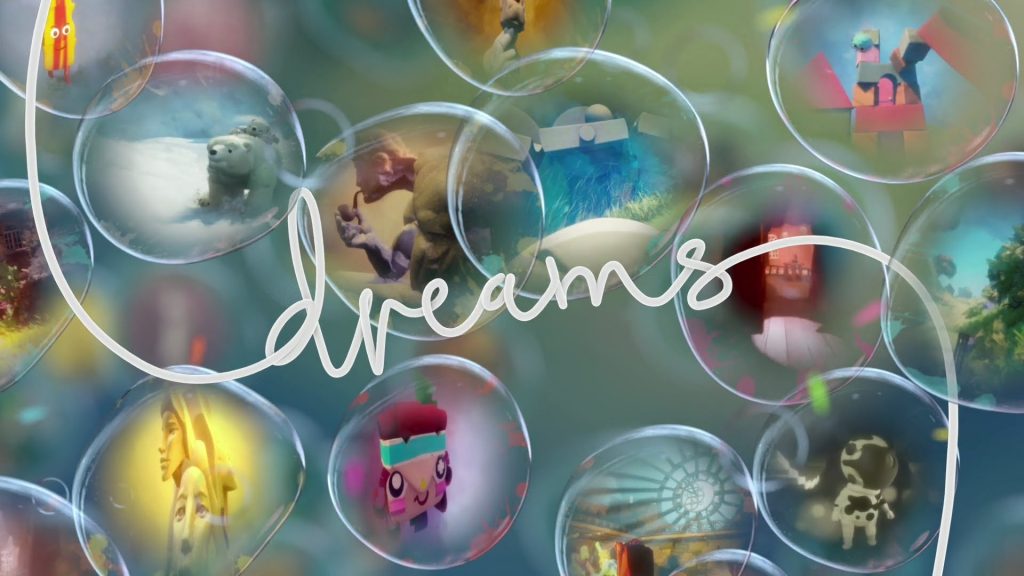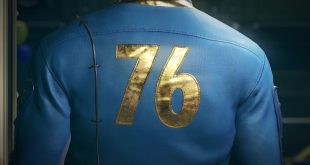I’ve been a big fan of Media Molecule’s Dreams long before the game launched on the 14th of February 2020. The first-party PlayStation title from the creators of LittleBigPlanet offered a relatively accessible toolkit for which players could create to their heart’s content – taking the best aspects of LittleBigPlanet’s user-generated-content and turning it not just into a game, but into a platform on its own right with near-infinite potential. Over the past 4 years Dreams has time and time again surprised fans and critics alike with just how versatile and impressive creations can be. To many, the platform was just getting started – but unfortunately, Sony has gone ahead and crushed my ‘Dreams’ dreams.
For those unaware, after just over 4 years on the market (following a nearly-year’s long Early Access period), Media Molecule announced that Dreams would be seeing the end of its support from the developers this Summer, with the team saying:
“As we continue to evaluate and evolve our priorities for the studio and Dreams, we’ve made the difficult decision to discontinue live support for Dreams after 1st September, 2023 to shift our focus to an exciting new project. You’ll continue to be able to play, create and share Dreams with others after September, but we won’t be releasing any more updates to the game or events such as DreamsCom, All Hallows’ Dreams or the Impy Awards. Although this is challenging news we do have a few more updates on the way, including the much anticipated Tren, and a significant improvement to animation and our last Create mode update.”
This news came as somewhat of a crushing blow to me. While I personally never got into the creation side of things, I always took great pleasure in surfing other players’ Dreams, seeing what weird, wacky and wonderful experiences – and even entire games – had been released and updated since I last logged in. With each new week and month I witnessed the evolution of the platform, with memes, tech demos and sample models eventually giving way to full blown games with voice acting; music; direction; cinematography; bespoke UI and tutorials; tight gameplay and hours of content. Some Dreams even had entire studios founded on the back of the platform, consisting from a few to dozens of collaborators – making for projects which very much could easily charge a premium for.
Is Dreams dead? Not necessarily. While many of the live-service features including activity feeds, scoreboards, comments and more have all been restricted (making the game just that little bit less community driven), you will still be able to create and upload your projects to Dreams. That said, the idea that Dreams could become much more is no longer possible.
Over the course of Dreams’ relatively short life, Media Molecule kept the game constantly evolving, with new tools, quality-of-life improvements and even support for additional platforms, with the first-gen PSVR receiving support post-launch. Unfortunately, the team was just a few degrees short of greatness.
One of the most disappointing parts of Dreams’ EOL is the fact that we will never get the long-promised multiplayer update, which would have allowed for a whole new suite of creations in a multitude of different genres to be envisioned and released. In fact, Dreams could have doubly benefitted from multiplayer due to the nature of co-op and competitive games being much more scalable in scope due to their replayability.
While, as mentioned, there does exist a whole host of multi-hour-long single-player Dreams with beginnings, middles and an ending, I feel as though we would have seen an influx of new ideas and creations come to light had multiplayer mode made the cut. From concepts as simple as a Pong clone to infinitely more complex co-op or competitive experiences which the industry has either not thought up yet, or could not make due to an abundance of red tape, Dreams could have been the breeding ground for the next major evolution in online gaming – as we saw with the likes of ARMA 2 and battle royales. Alas, this will never be the case.
Multiplayer aside, there are a few more features which I feel would have had the potential to balloon Dreams into the mainstream; the biggest being PC support. Sony has promised that all of its future live-service games would come to PC alongside PlayStation on day-one of the title’s release. While exciting no doubt, the fact that Dreams released too soon to be part of PlayStation’s new focus on PC is truly unfortunate.
One of the biggest limiting factors with Dreams is the fact that players can only use a PlayStation controller (or the somewhat more awkward PlayStation Move VR controllers) to build their creations, and while we have seen some truly impressive output, it’s hard not to think about how much more defined and intricate some of these creations could have been had the tools been adapted for mouse and keyboard – with it being the primary peripheral for pretty much all aspects of traditional game development.
Bringing Dreams to PC would not have just increased the toolkit’s ease of use for creators but would have introduced the game to a whole new audience, consisting of potentially hundreds of millions of new Dreamers. Even on the PlayStation side, access to Dreams felt more limiting than it should have been.
While I truly believe that Dreams was and is worth the price that Sony charges for it, if there ever was a game that should have come to PS Plus, Dreams is it. Now, it didn’t have to launch day one on PlayStation Plus or anything like that, but the title should have found its way to the service eventually – be it through PS Plus Essential or even the Extra tier. When you think of games with the greatest amount and variety of user-generated content, titles such as Fortnite and Roblox come immediately to mind. Among many shared commonalities, perhaps the most important and impacting aspect of these titles is the fact that they are free-to-play (and that they’re available on as many platforms as possible).
Dreams as it is now is great and we have seen some truly mindboggling things come from the toolkit, but it is tough not to imagine just how much bigger the game could have been had it been made available free to all – or at least been given away as part of the PlayStation Plus Collection for new PS5 owners.
Speaking of PS5, though it was never promised, fans had always expected that Dreams would eventually see a native PS5 port. This would have brought with it a number of notable benefits, including but not limited to enhanced social features through Activity Cards, full DualSense support, SSD advantages (such as a decrease in the loading times between levels – even potentially making it entirely seamless) and perhaps most importantly improved performance, visuals and an overall increase in the potential size and scope of Dreams. We have already seen some of the benefits that PS5 could offer through backwards compatibility – with certain Dreams running much more smoothly and no longer being as bottlenecked by the game’s internal ‘thermometer’ (which affects how many assets you can place in a scene among other limitations). Still, a native PS5 release would have undoubtedly increased the maximum amount of thermometer space, meaning that creators would have had a lot more power to work with.
Another benefit that creating a bespoke PS5 version would have allowed for is the paving of the way for a PSVR2 version. Unlike the PS5, which is backwards compatible with PS4, PSVR1 games do not work on PSVR2, requiring developers to recode the game for the new hardware. While this would have undoubtedly taken time, effort and resources to do, a PSVR2 version of Dreams would have helped push not only Dreams to new heights, but Sony’s second generation VR platform too (which so far seems to be off to a slow start). These VR experiences would not only have been improved thanks to the aforementioned benefits of a native PS5 app, but the VR headset’s hardware itself would have lent to a vastly superior experience – both for creating and surfing Dreams.
If nothing else, the added support for PSVR2’s Sense controllers would have led to a tenfold increase in comfort and efficiency when making creations. Of course, all this is easier said than done, especially with regards to a PSVR2 port as the controls would need to be entirely reworked to support the inside-out tracking as well as the additional buttons, sensors and analogue sticks. Still, there is no denying that had all this been done, pretty much every single Dream would have been improved and enhanced as a consequence.
First-party video games are not developed in order to make money. Of course, these are businesses and businesses like money, but when it comes to console manufacturers specifically, first-party titles serve more as a platform to showcase the potential of the console, its unique selling points and ultimately embed you deeper into the ecosystem.
Of all the first-party PlayStation studios, Media Molecule remained one of the few which seemed to take this mantra to heart. Yes, most first-party PlayStation titles take full advantage of the PlayStation hardware, however this is typically limited to the tech side of the equation. Media Molecule excelled in showcasing the maximum creative potential of PlayStation going as far back as the studio’s first game with 2008’s LittleBigPlanet.
Media Molecule has never been Sony’s cash cow; even the LittleBigPlanet series collectively sold fewer than half of the number of copies Horizon Zero Dawn managed on its own. All this is to say that Media Molecule (and Dreams by extension) has seemingly always existed in its own bubble of creativity, unconcerned with the performance and sales of its titles. The announcement of Dreams’ closure is therefore rather concerning as it seems to indicate that either Media Molecule or Sony are reevaluating the worth of the studio and its projects.
In the wake of the announcement that Dreams’ post-launch support is ending, a number of high-profile Media Molecule creatives have left the Media Molecule, lending further fuel to the notion that Mm and PlayStation are looking to take the studio in a new direction. So, what does this mean for the future of Media Molecule? Right now, it is quite unknown. Over the years we have seen many first-party PlayStation studios take a leap of faith, moving away from their sphere of comfort in order to create original IPs, tackle new genres and push the studio itself forward. In most instances, this has led to a great deal of success.
One needs to look no further than Sony’s other studios, with one of the greatest success stories being that of Guerrilla Games and their move away from the first-person shooter franchise Killzone in order to work on a 3rd person open world action-adventure title – Horizon Zero Dawn. In this instance, the move was undeniably beneficial to all parties involved; Sony, consumers and Guerrilla Games themselves. Could we be seeing Media Molecule taking that next step forward? It is entirely possible. The one fear with such a move is the fact that unlike with Guerrilla Games, Media Molecule’s titles have never tried to chase trends or change genres for the sake of the industry – they just kinda did their own thing, and it was awesome.
Of course, the idea that Media Molecule is shifting away from its identity of old is speculation on my part, and to be honest I hope it doesn’t happen. All that said, should the studio be going through such a change, I hope it is being done for the right reasons – and with as little influence from Sony as possible. Thanks to the arms race we have seen going on in the industry (where any and all publishers seem to either want to acquire others or be acquired themselves), Sony now owns more studios than ever before under the PlayStation umbrella; a total of 23 covering an abundance of different genres.
The PlayStation brand is in as good of a position as it has ever been, seeing both commercial and critical success pretty much across the board. Sony could easily afford to keep Media Molecule as it is, letting them work on experimental, creative and wholly unique endeavours. While my ‘Dreams’ dreams may be pretty much dead, hopefully, Media Molecule as it currently exists continues on trucking. We will have to wait and see.
KitGuru says: What did you think of Dreams? Are you concerned about the future of Media Molecule? What do you want them to work on next? Let us know down below.
 KitGuru KitGuru.net – Tech News | Hardware News | Hardware Reviews | IOS | Mobile | Gaming | Graphics Cards
KitGuru KitGuru.net – Tech News | Hardware News | Hardware Reviews | IOS | Mobile | Gaming | Graphics Cards


